Intensive Trainings
Oil/Gas/Petrochemicals
Calendar of Events
|
Monday
|
Tuesday
|
Wednesday
|
Thursday
|
Friday
|
Saturday
|
Sunday
|
|---|---|---|---|---|---|---|
|
0 events,
|
0 events,
|
2 events,
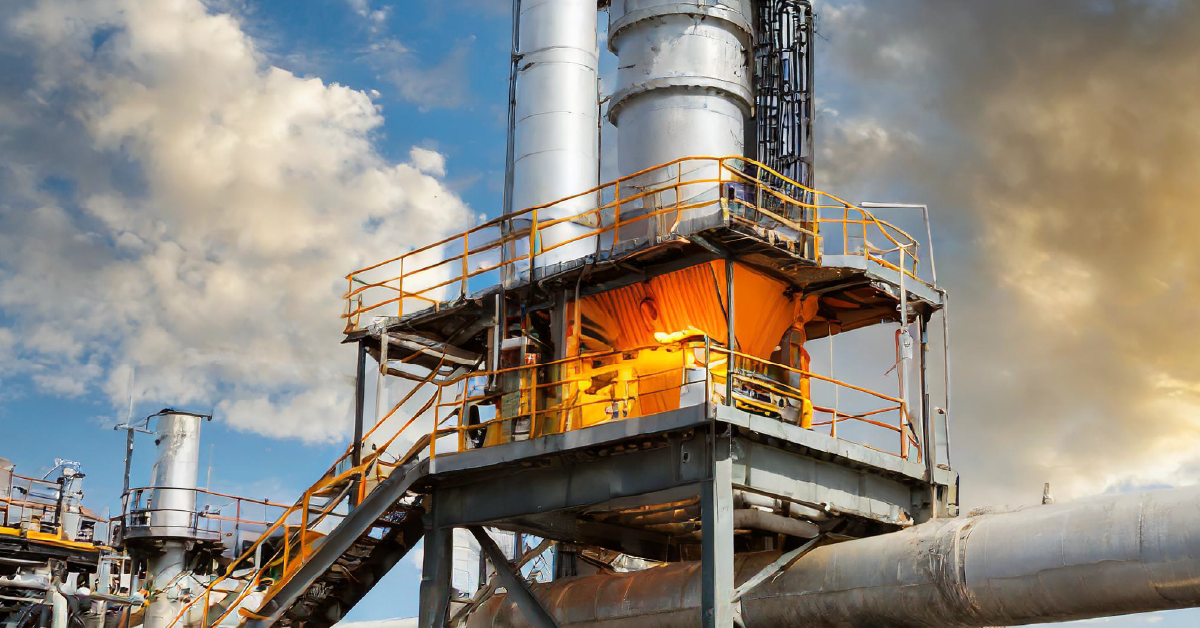
Why Choose this Training Course This API 982 training encompasses an extensive array of refinery equipment, including fluid solid units, fluid catalytic cracker units, reforming units, fired heaters, incinerators, sulfur recovery units, flue gas ducts, calcines, steam-methane reformers, hydrogen plant and transfer lines, cracker furnaces, boilers, and flue gas stacks. The refractory linings in these… 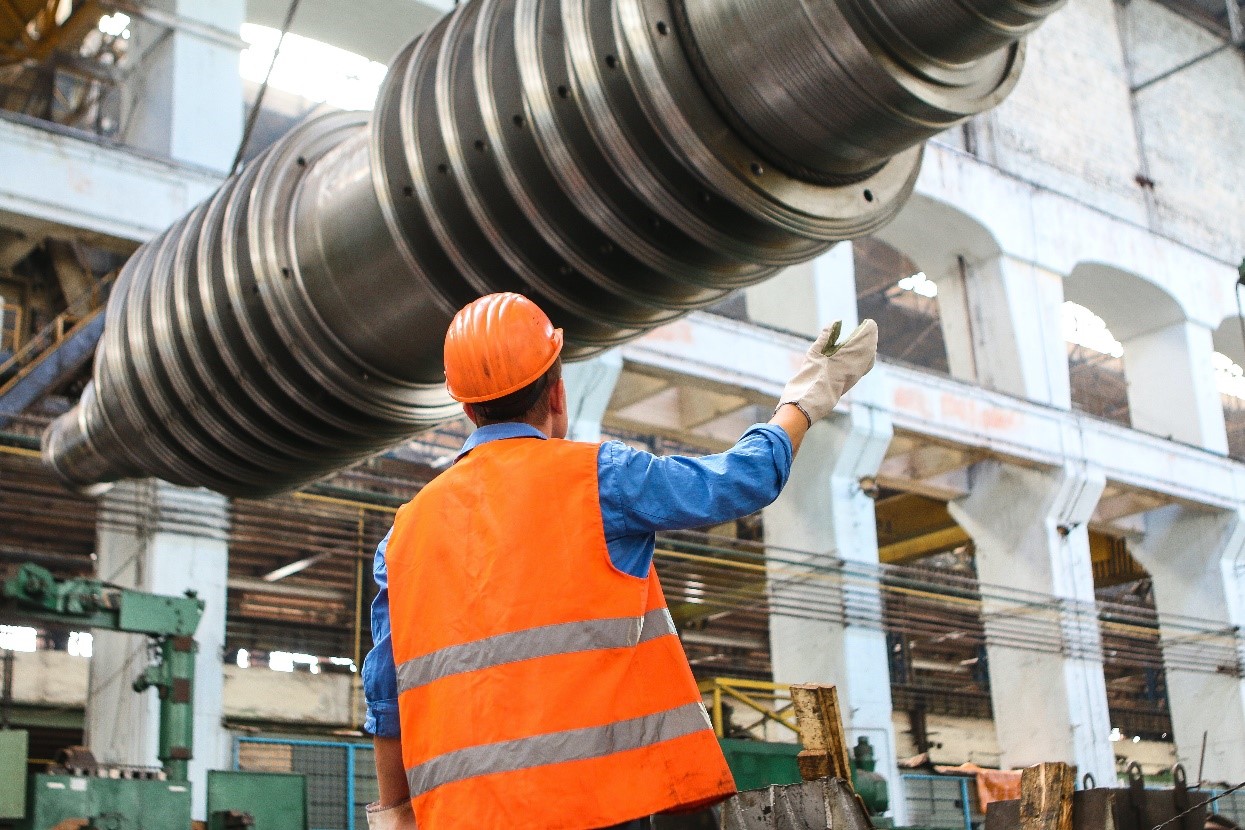
Why Choose this Training Course This is a 3-day classroom training course covering all aspects of materials and spares management in an oil and gas manufacturing plant. Key Learning Objectives To familiarize maintenance and engineering personnel with modern Materials and Spares Management To provide hands-on tools for increasing parts service factors (availability) in OPUs To… |
0 events,
|
0 events,
|
||
|
4 events,
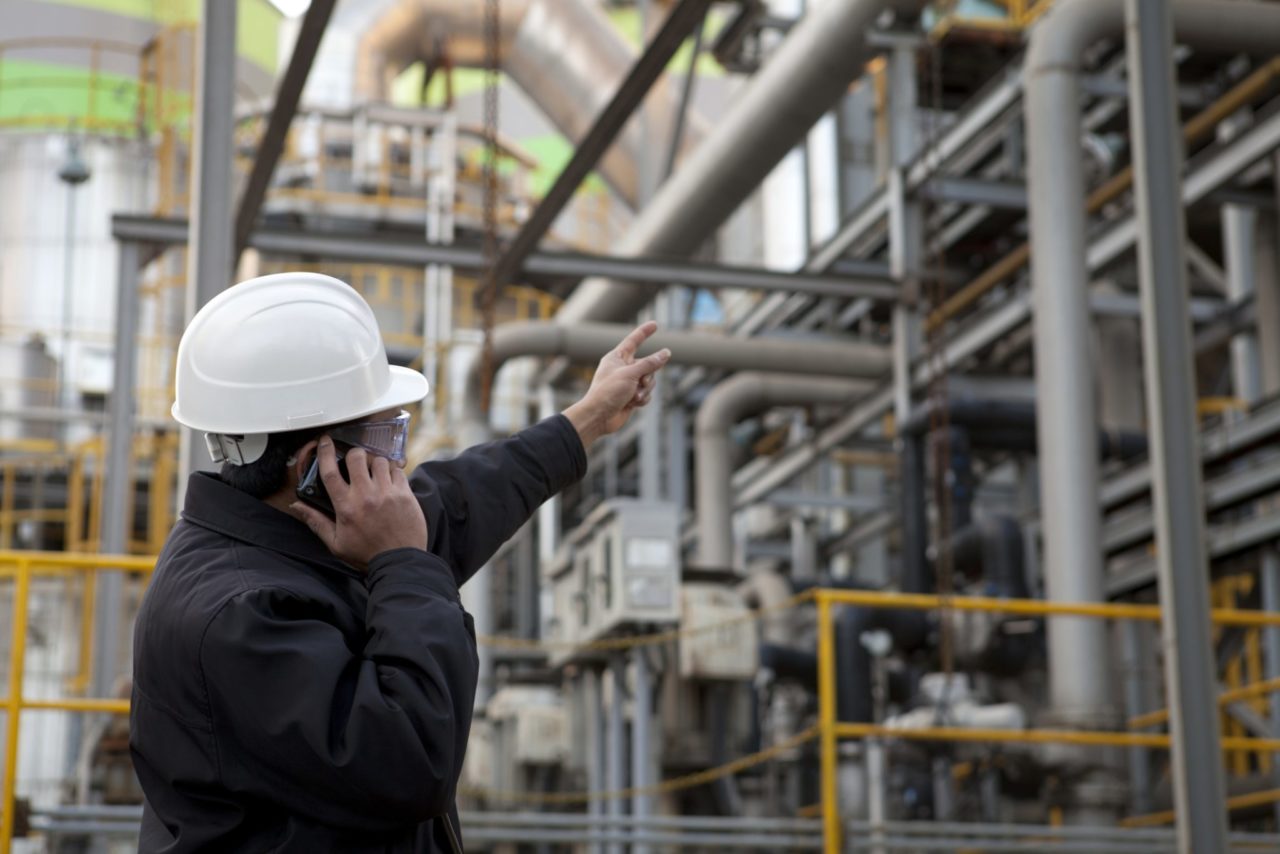
Why Choose this Training Course This is a 3-day in-person turnaround training course. The course provides an in depth understanding of the application of principles and practices involved in major shut-down/turnarounds and maintenance activities, including the management of ageing assets. The workshop which is run on a module basis addresses the core processes of organization,… 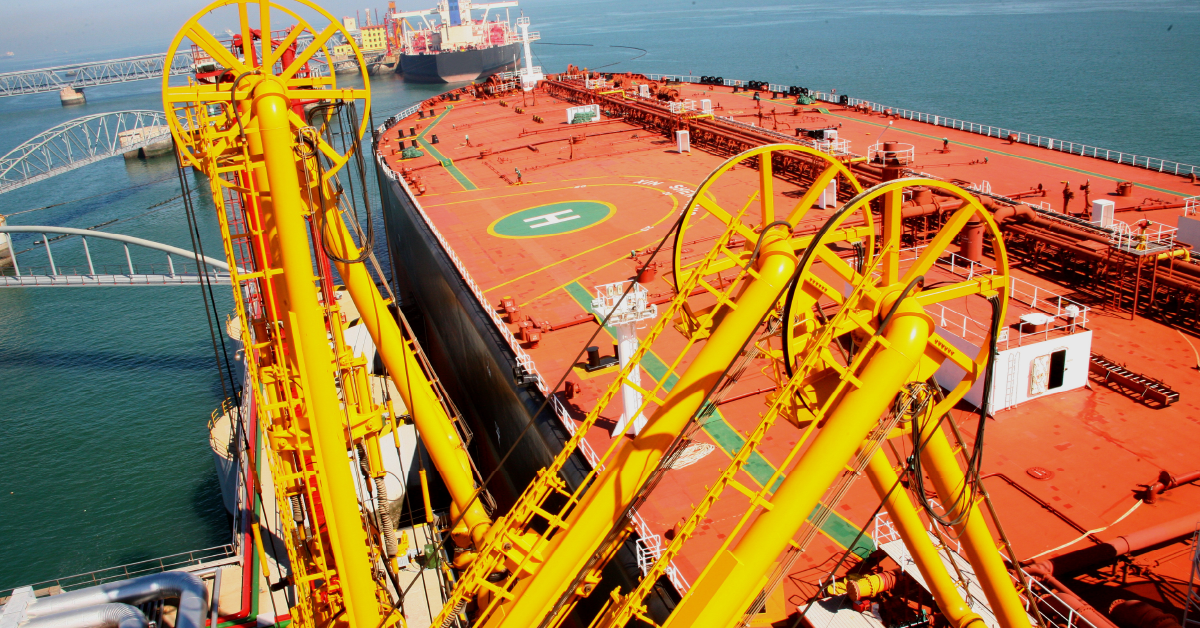
Why Choose this Training Course This is a 3-day loading master training course. Oil Terminals should comply with all applicable international, national and local regulations, as well as their own policies and procedures. Similarly, Loading Masters and personnel operating at the oil terminal should be fully aware of the hazards of the petroleum products they… 
Why Choose this Training Course This is a 3-days high hazard facilities training. The management of the risks associated with Health, Safety and Environmental, HSE threats to a business is becoming increasingly complex and as part of any credible global business, needs to be managed in a consistent, systematic manner. It is essential therefore that… 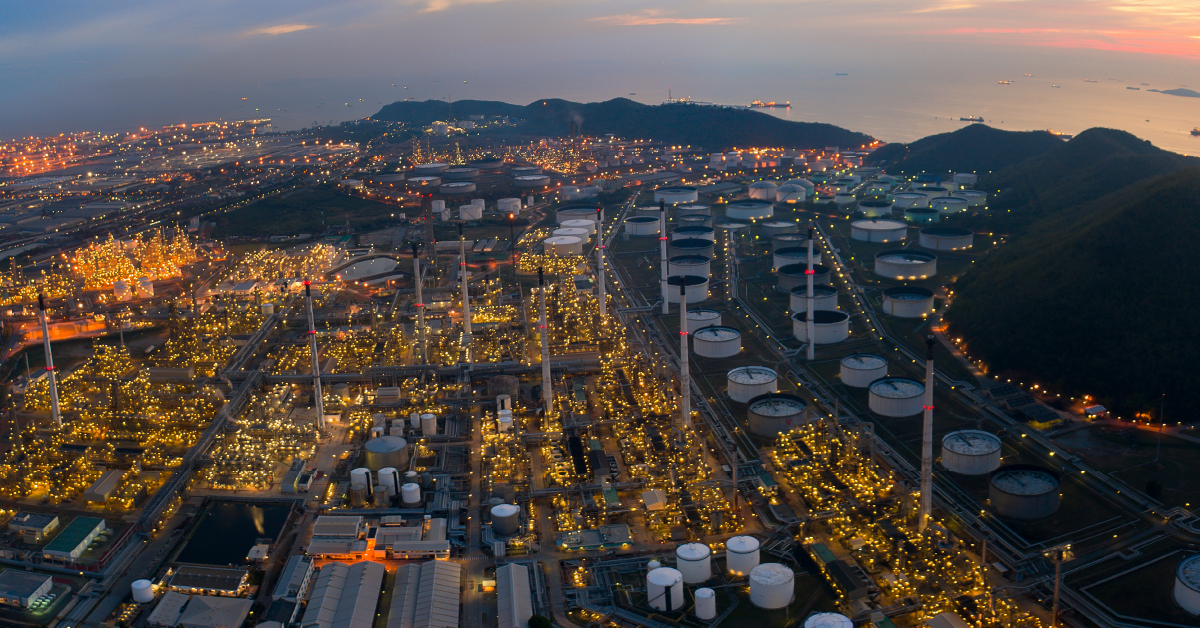
Why Choose this Training Course Industries handling hazardous materials have to adhere to Quantitative Risk Assessment (QRA) guidelines. In Singapore, the revised QRA guidelines took effect on 1 April 2016. The QRA training is developed to compare the existing prevailing PCD QRA Guidelines and the new QRA Guidelines, to help the industries understand the potential… |
5 events,
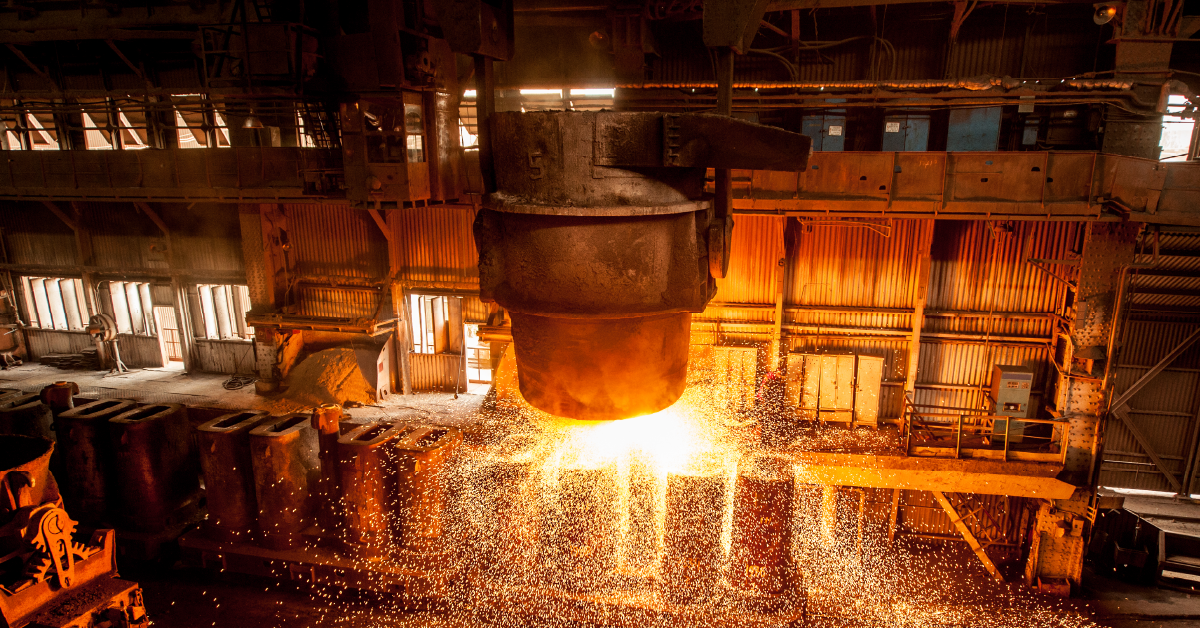
Why Choose this Training Course This is 3-day in-person API 936 training course in Dubai, Thailand and Malaysia, designed to train individuals on Refractory installation, inspection, testing and repair in accordance with API 936 Standard. API 936 provides guidelines for the installation quality control of monolithic refractory linings which is used to supplement owner specifications.… |
3 events,
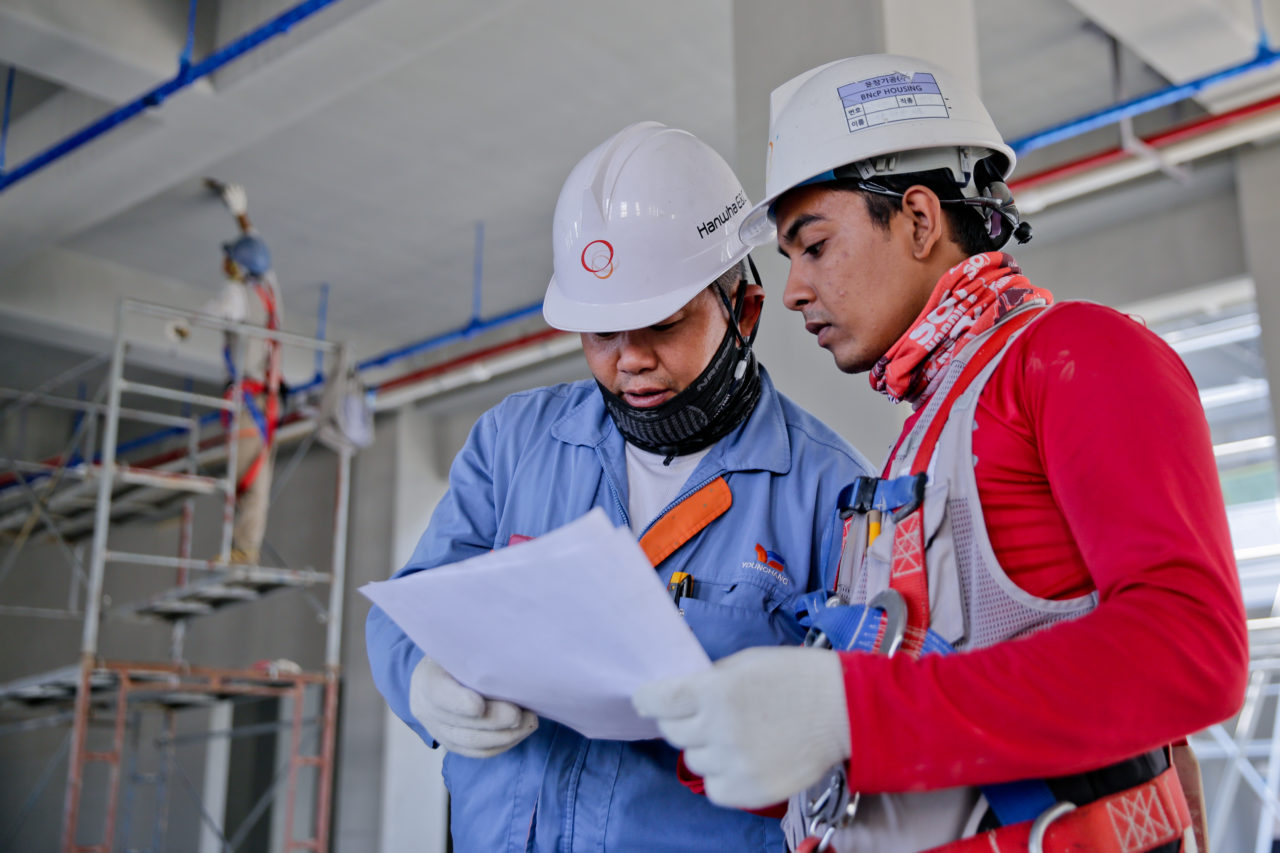
Why Choose this Training Course In this advanced HAZOP training course, the trainer will introduce numerous class exercises based on real life case to aid in delegates’ understanding of the topics throughout the course. Delegates will be firstly introduced to refresher topics of HAZOP such as bowties, swiss cheese and LOPA, the human factors and… 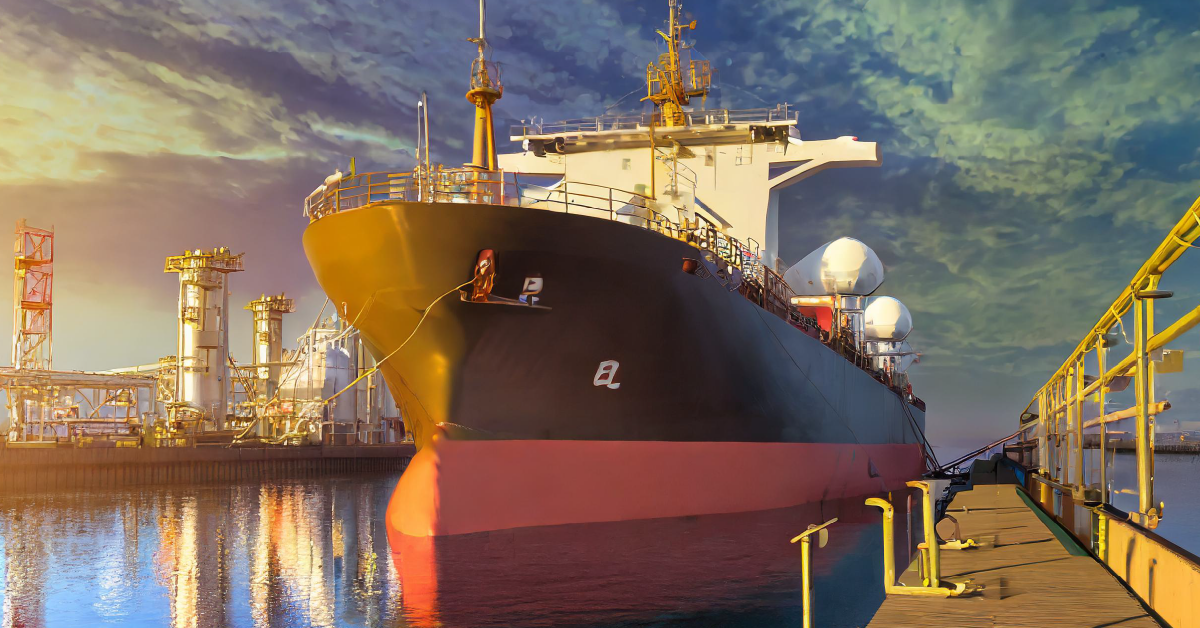
Why Choose this Training Course This tanker vetting training course is a 2-day training. Launched in 1993, the OCIMF Ship Inspection Report Programme (SIRE) has governed over 180,000 inspection reports. As a result, SIRE has made a significant contribution to improving the overall safety record of the maritime industry. As the industry continues to evolve,… |
0 events,
|
0 events,
|
||
|
0 events,
|
0 events,
|
1 event,

Why Choose this Training Course This is 3-day in-person API 936 training course in Dubai, Thailand and Malaysia, designed to train individuals on Refractory installation, inspection, testing and repair in accordance with API 936 Standard. API 936 provides guidelines for the installation quality control of monolithic refractory linings which is used to supplement owner specifications.… |
0 events,
|
0 events,
|
||
|
2 events,
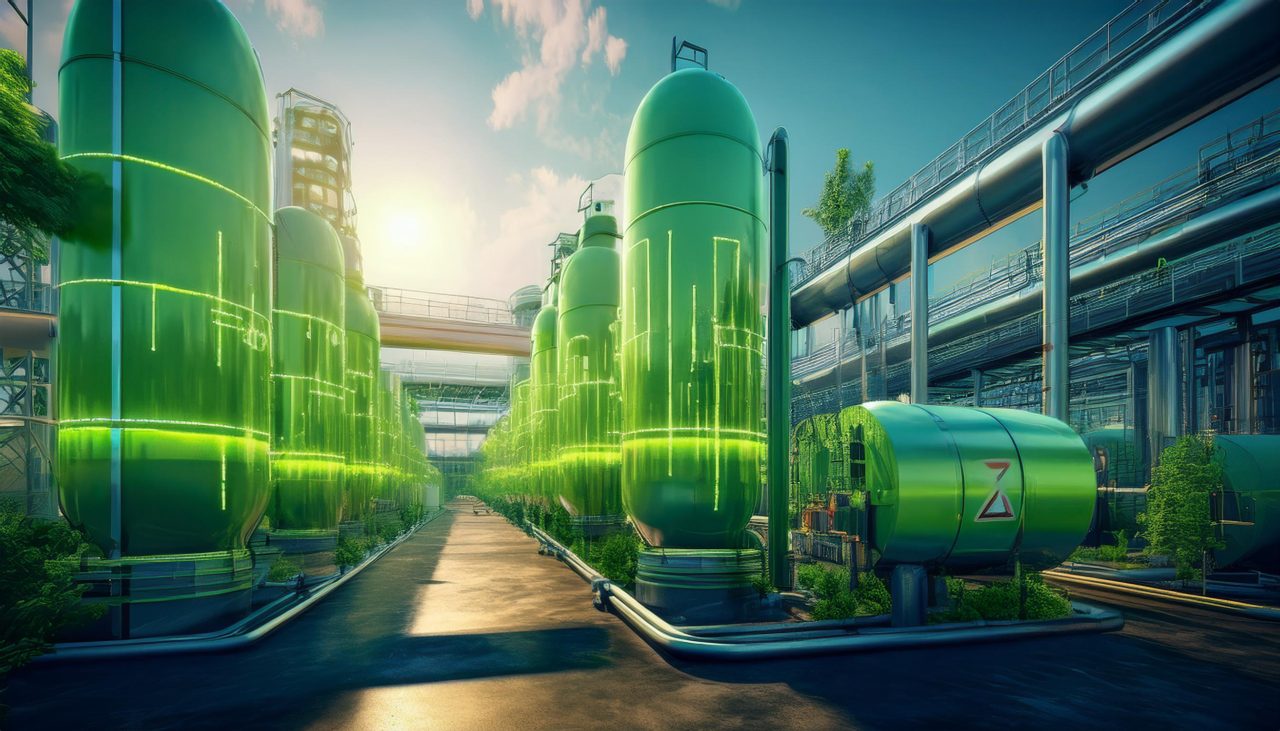
Why Choose this Training Course This green hydrogen training course is designed for individuals seeking a time-efficient, comprehensive, and impartial understanding of clean hydrogen production from renewable sources (known as 'green' hydrogen). By the end of the green hydrogen training course, you will gain a clear, business-oriented insight into the current state of electrolysis technology… 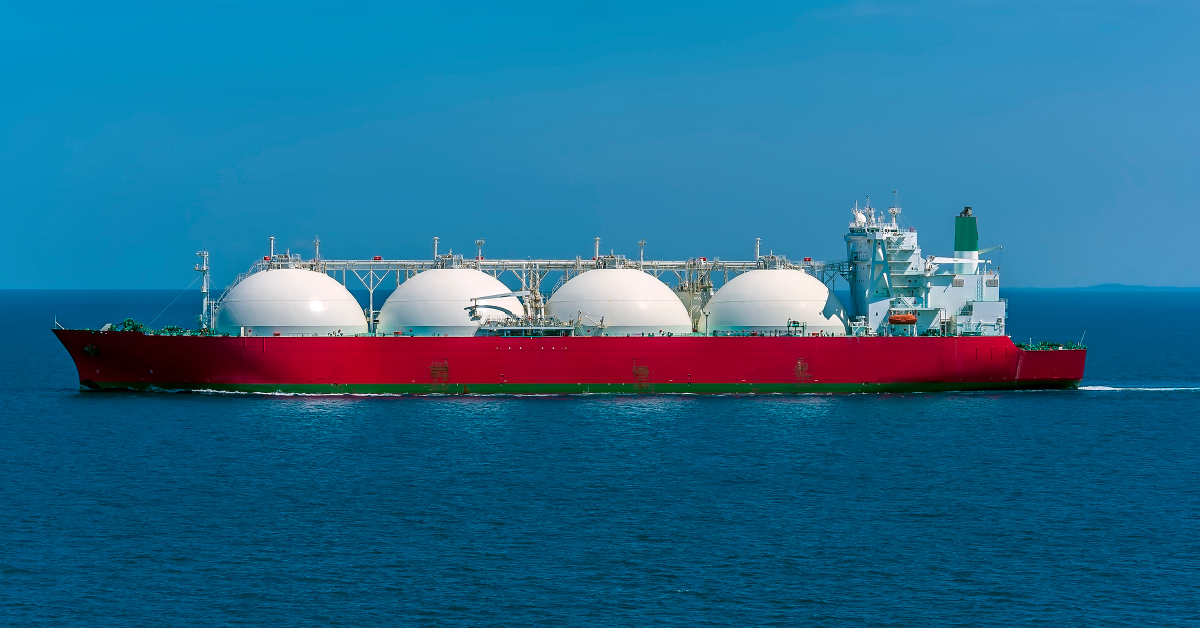
Why Choose this Training Course This is a 3-day LNG Loading Master training course, both in-person and virtual in Singapore and Malaysia. The Loading Master is responsible for safe and smooth cargo operations. He is in charge of the so-called ship/shore interface. To be a trained loading master Opus Kinetic developed this comprehensive training program… |
3 events,
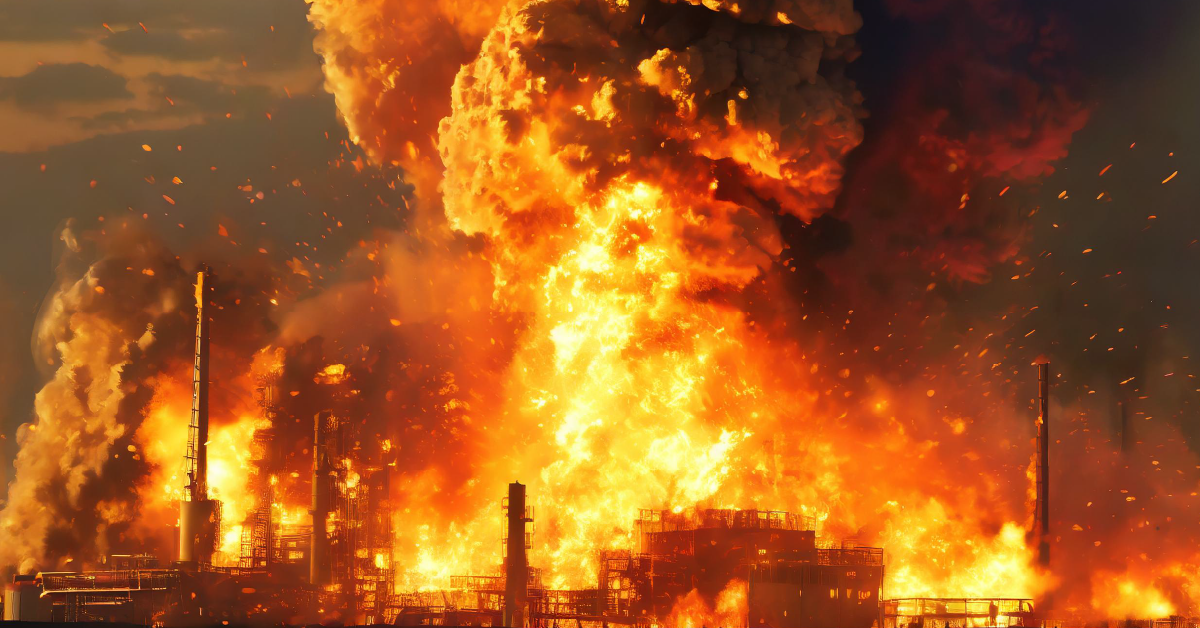
Why Choose this Training Course This gas explosion training course is designed to provide an insight into the major drivers into fire and explosion hazard risk, and the various methods of preventing and mitigating such risk. The course will discuss quantitative consequence analysis, such as vapor dispersion modelling, vapor cloud explosion modelling, fire modelling, and… 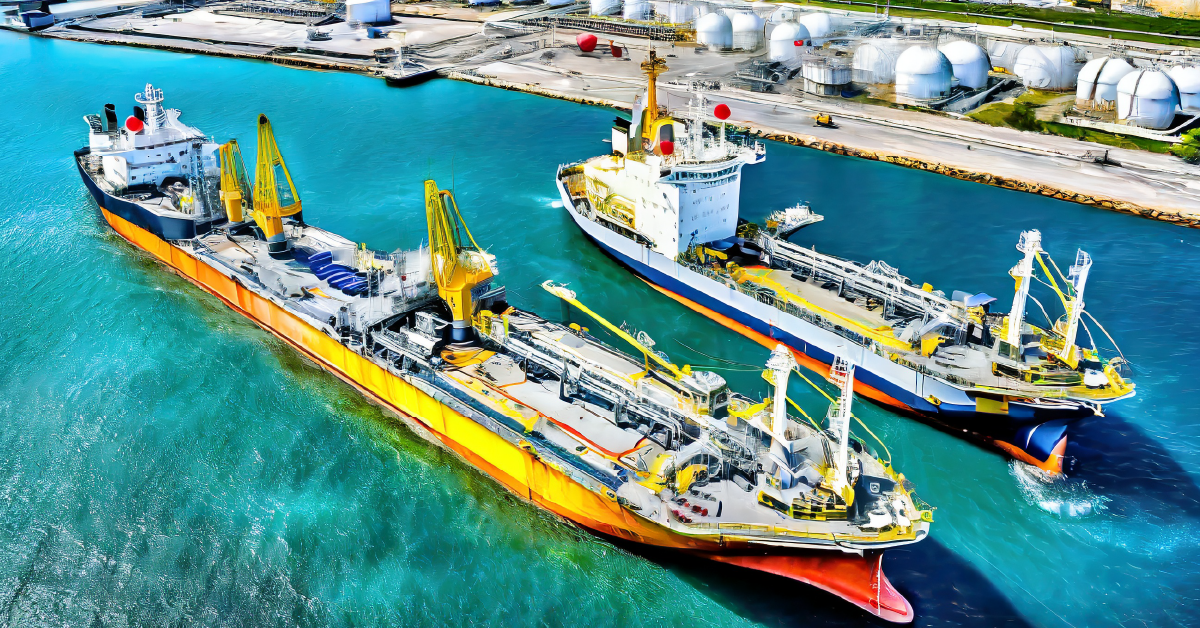
Why Choose this Training Course This intensive LNG shipping operations training course will equip you with a detailed practical grounding in the fundamentals of advanced of LNG shipping transfer operations. You will learn the practical tools and techniques that can be utilized to manage risk more effectively and make better practical decisions while handling. Reinforce… |
3 events,

Why Choose this Training Course This green hydrogen training course is designed for individuals seeking a time-efficient, comprehensive, and impartial understanding of clean hydrogen production from renewable sources (known as 'green' hydrogen). By the end of the green hydrogen training course, you will gain a clear, business-oriented insight into the current state of electrolysis technology… |
0 events,
|
0 events,
|
||
|
4 events,
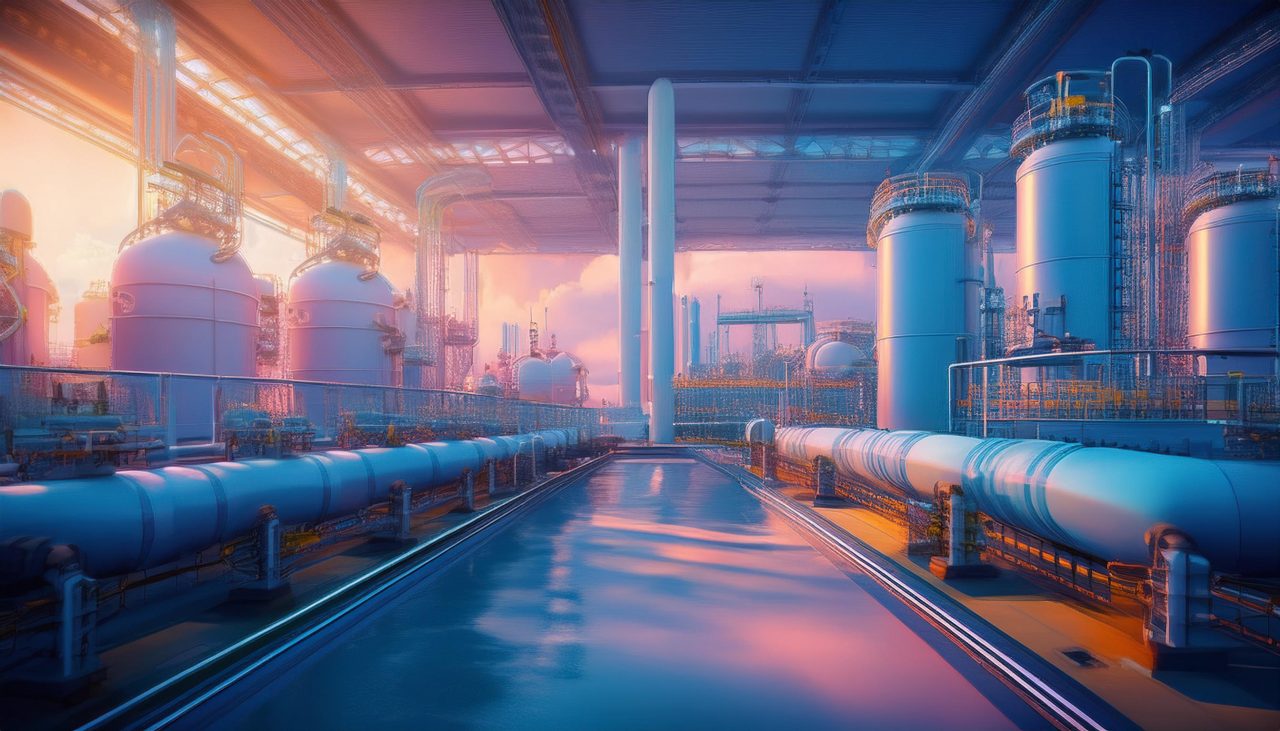
Why Choose this Training Course As the world transitions toward sustainable energy solutions, green ammonia and hydrogen are emerging as critical components of the clean energy economy. This ammonia and hydrogen training course provides a comprehensive understanding of the production, storage, transportation, and utilization of green ammonia and hydrogen for power generation. Participants will gain… 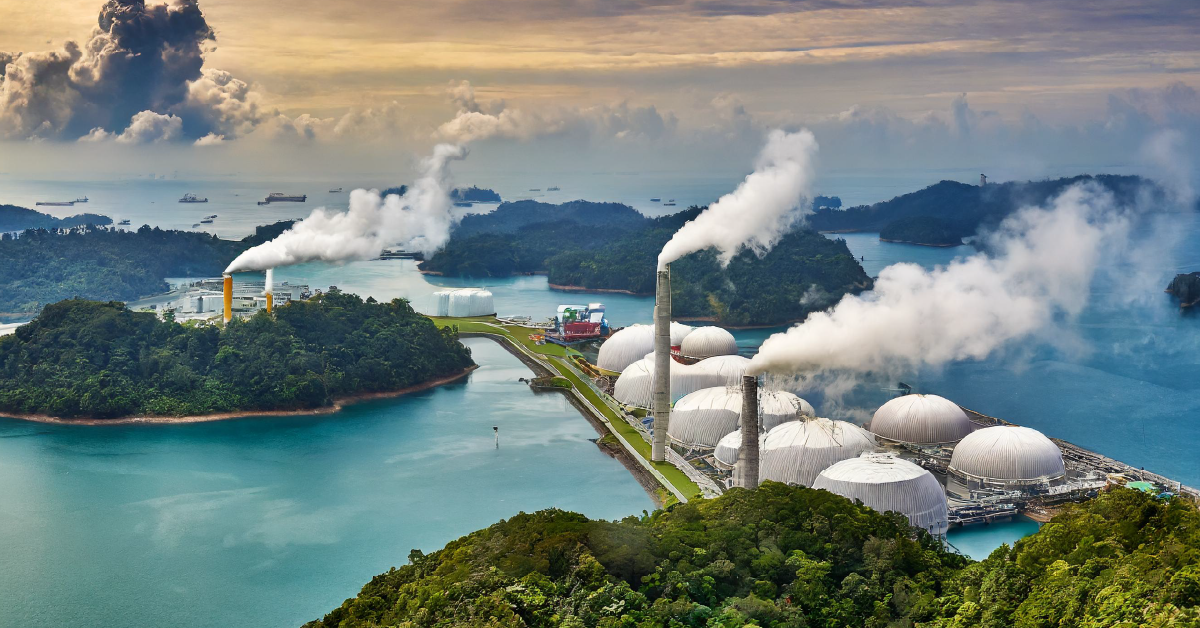
Why Choose this Training Course This CCS geoscientists training course will provide participants with awareness and understanding of the subsurface needs of CCS projects including subsurface CO2 storage volumetrics, CO2 flow in the subsurface away from injector wells, the objective of permanent and safe storage of CO2, and the key issues of reservoir depth, well… 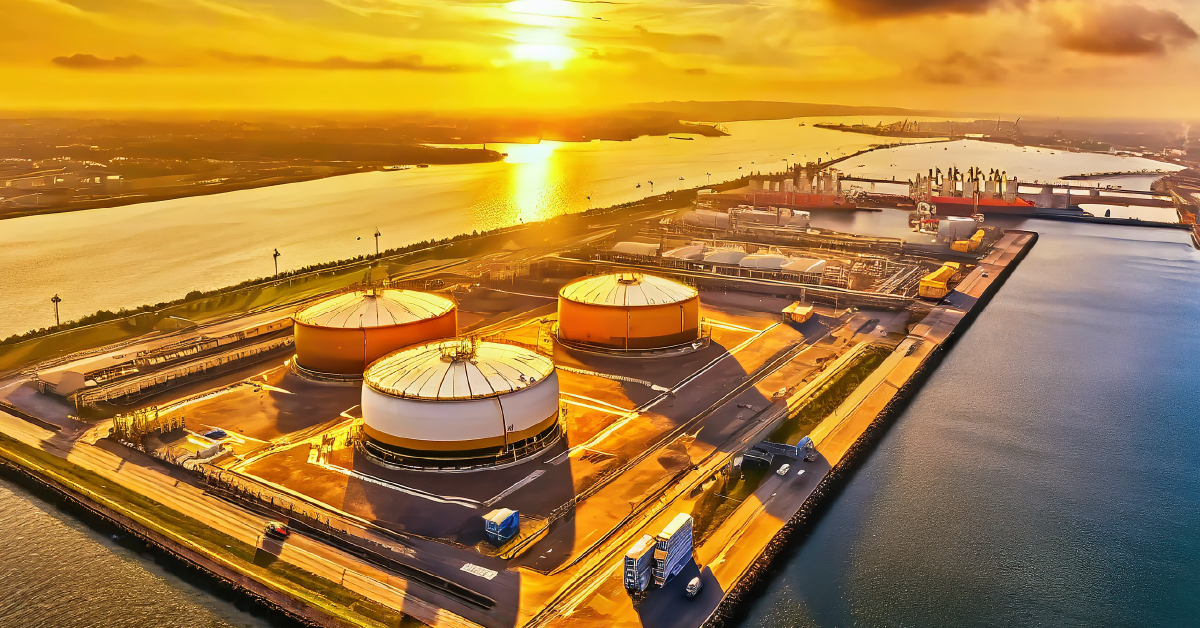
Why Choose this Training Course This intensive LNG Terminal Operations training course will equip you with a detailed practical grounding in advanced LNG terminal and operations. Theory based and delivered in a practical method, including factual case studies from around the globe and in a workshop format, you will learn the practical tools and techniques… 
Why Choose this Training Course This gas explosion training course is designed to provide an insight into the major drivers into fire and explosion hazard risk, and the various methods of preventing and mitigating such risk. The course will discuss quantitative consequence analysis, such as vapor dispersion modelling, vapor cloud explosion modelling, fire modelling, and… |
0 events,
|
0 events,
|
0 events,
|
0 events,
|
